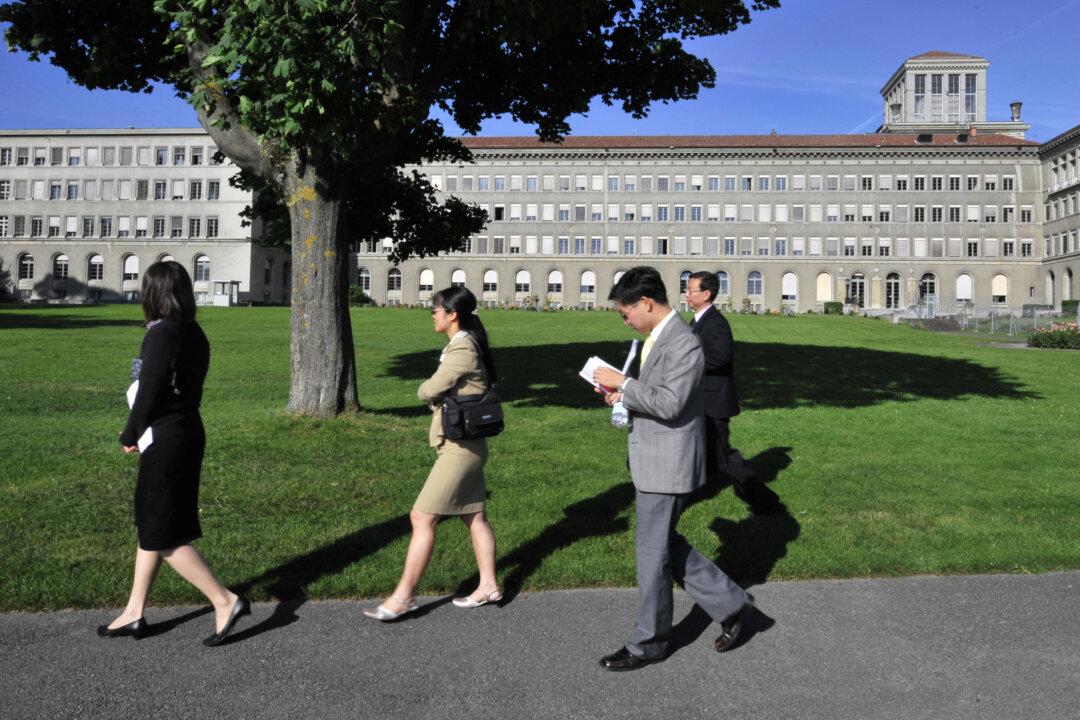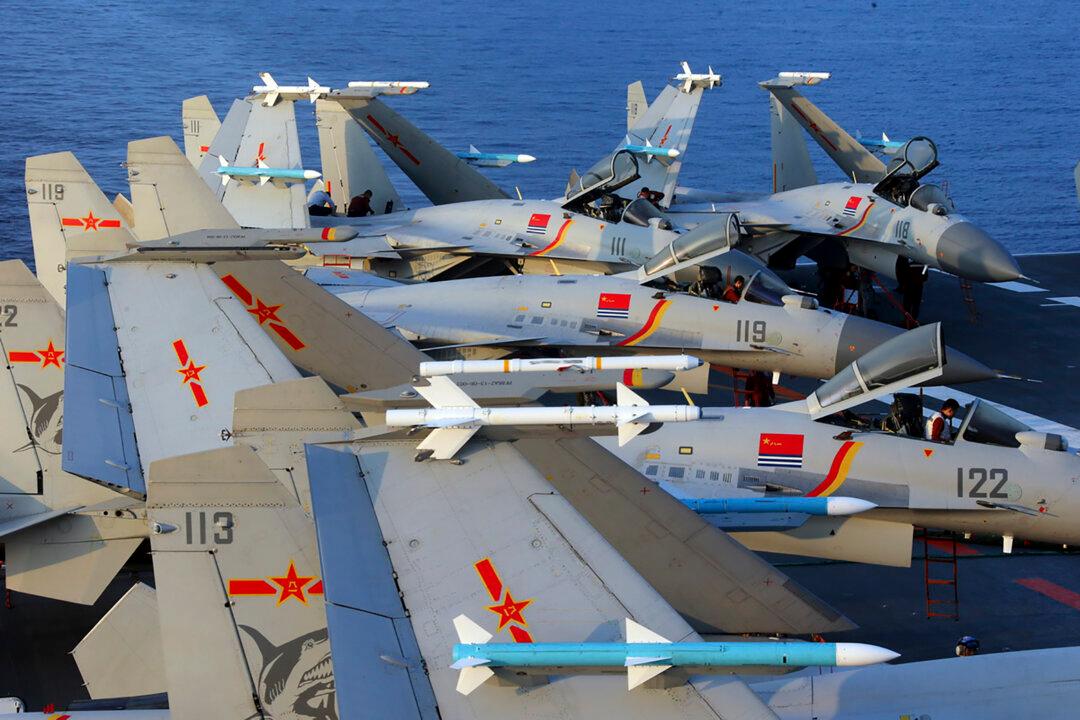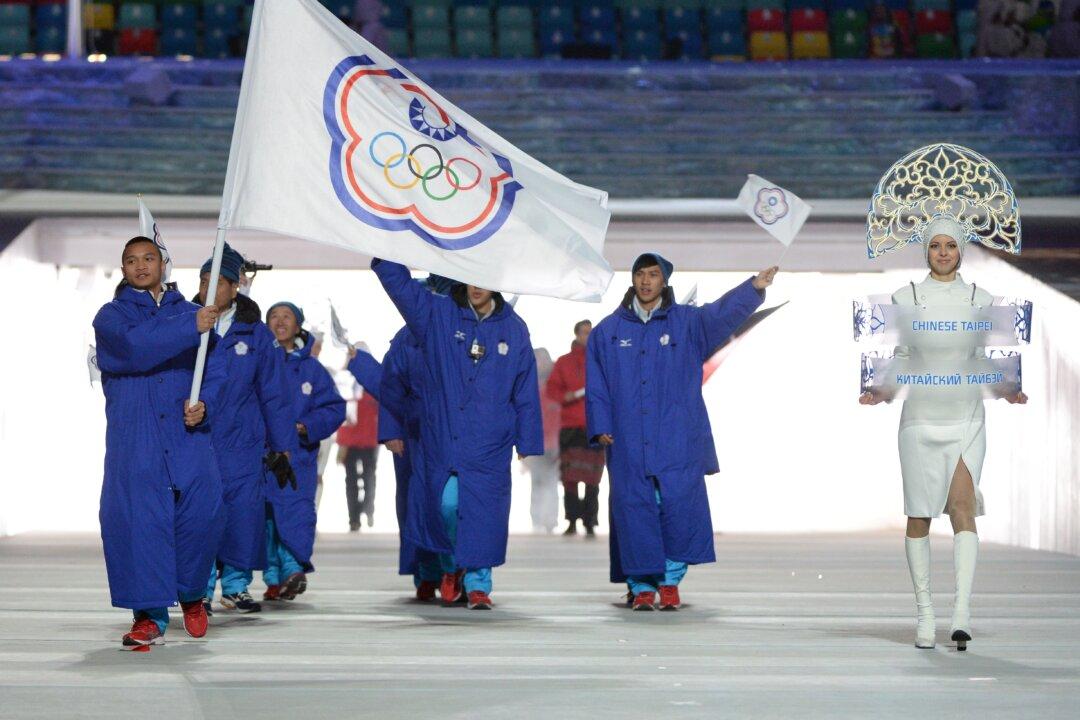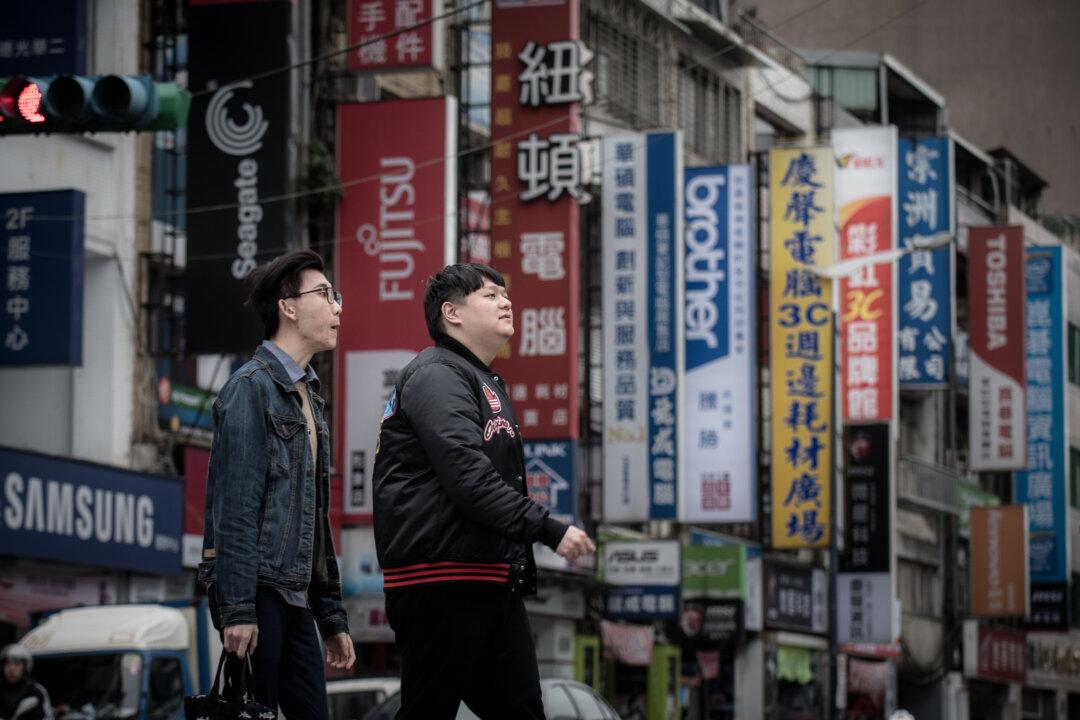As President Donald Trump announced tariffs and sanctions aimed at rebalancing U.S.–China trade, a Chinese regime media mouthpiece published an opinion piece saying China should “remove the United States” from the World Trade Organization (WTO) in retaliation. The provocative article displays not only the hostility toward the United States found among some inside the regime’s bureaucracy, but also their lack of understanding of the nature of the WTO, observers say.
“[China] should take bolder measures, such as considering a legal move to possibly remove the U.S. from the world body [of the WTO] for instigating trade disputes time and again by violating WTO rules,” wrote Mei Xinyu, a researcher at the Ministry of Commerce of the People’s Republic of China.




